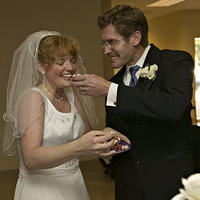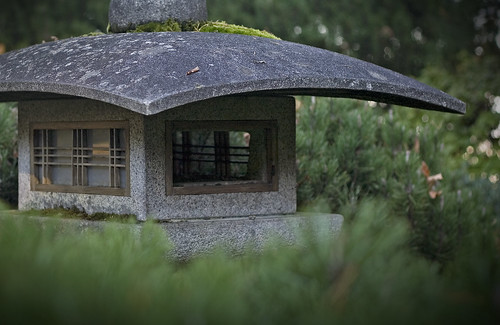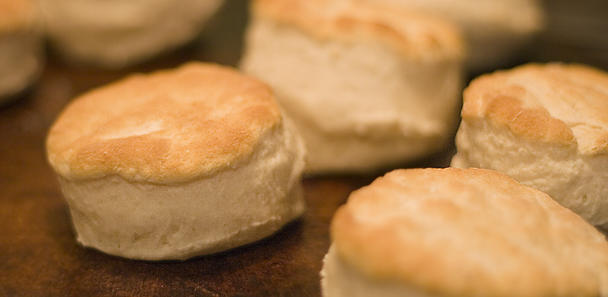The Eve
Don't forget the candy.
I'm not sure why, but my family observed Halloween. This is unusual because of all the holidays that are inflicted upon us by the consumer-driven society that we live in; my parents were pretty level-headed. Sure, we'd have a nice meal on Thanksgiving and exchanged gifts, (which never came from Santa), on Christmas; but outside of that, Halloween was it. I can only remember one Easter basket--which I only got because my folks were out of town and I was staying with a friend (my Mom's contribution to the booty was a toothbrush). We didn’t hang hearts in February or shamrocks in March. There were no trips to the cemetery on Memorial Day and I know for a fact that I did yard work on Labor Day. We never had a flag to fly on Flag Day, I don’t think we ever celebrated Arbor day with a young sapling and the only thing different on a 4th of July bar-be-que from any other was my brother and I got to blow stuff up (cool holiday, btw).
So why do I remember on multiple occasions our house being decorated with tombstones while costume-clad revelers bobbed for apples and played pin-the-nose-on-the-jack-o-lantern? If a Christian family is going to skip a holiday, why wouldn’t be the one invented by the devil himself? I can only offer an answer by way of my annual fascination for the individually-wrapped bits-of-goodness that for some reason I cannot resist.
Most of the year I am candy-immune—it just doesn’t call to me. However, when the harvest season comes I am lured by those little, colorful sirens to partake of delights I would never consider. Mr. Goodbar? Sure. Take 5? Never had it, give me 2. Mix in some old favorites like M&Ms and Sweet Tarts and I’ll tell you why we celebrated Halloween—Candy.
Free candy too, put on a costume and walk the streets and people just give it to you. When I got too old, I’d dress up my younger brothers and take them trick-or-treating. Then, as compensation for my service, I’d garnish a percentage of their loot. A trick I’m sure I learned from my Mom. Who, in her wisdom overlooked much of the don’t-let-your-kids-out-on-Halloween-they’ll-be-sacrificing-cats talk, and let us have candy.
So for the record I will reiterate:
Don't forget the candy.
- The average consumer celebrating Halloween will spend $48.48 on merchandise, up from $43.57 last year.
- Candy remains a holiday staple and the largest spending category at $1.16 billion. The average person plans to spend $18.07 on sweets and 94.6 percent of consumers planning to purchase in that category.
- Halloween maintains its spot as one of the biggest decorating holidays of the year, second only to Christmas. 59.8 percent of consumers plan to purchase decorations and 47 percent expect to decorate their home or yard. Consumers will spend approximately $840 million on decorations.
- Halloween remains the sixth-largest spending holiday after: Winter Holidays ($435.3 billion estimated), Valentine's Day ($13.19 billion), Easter ($9.6 billion), Mother's Day ($11.43 billion), and Father's Day ($8.23 billion). Because it is not a gift-giving holiday or an apparel holiday, it ranks lower than other annual holidays in terms of spending.
- Costumes are the second largest spending category behind candy. Consumers will spend approximately $1.15 billion on costumes, with 53.3 percent of consumers planning to buy a costume for Halloween. The average consumer will spend $31.88 on Halloween costume purchases.
- 3.78 million children plan to dress up as a princess on Halloween, making it the most popular Halloween costume for kids this year.
Source: National Retail Federation 2005 Halloween Consumer Intentions and Actions Survey









